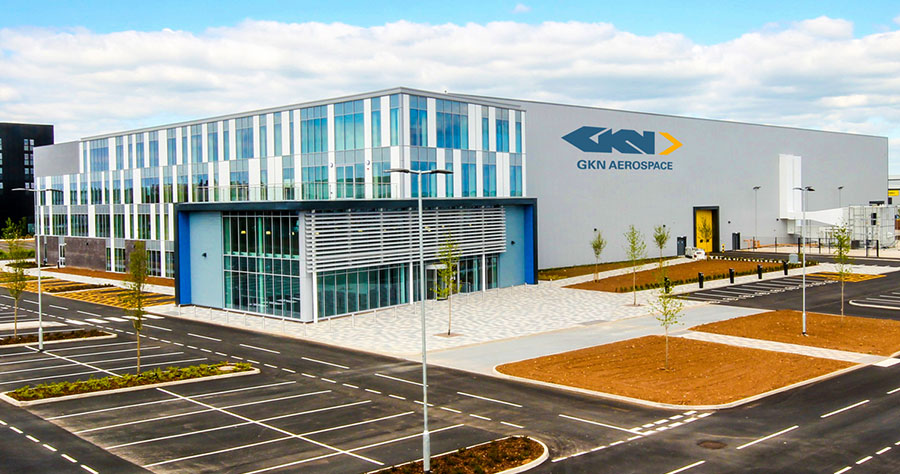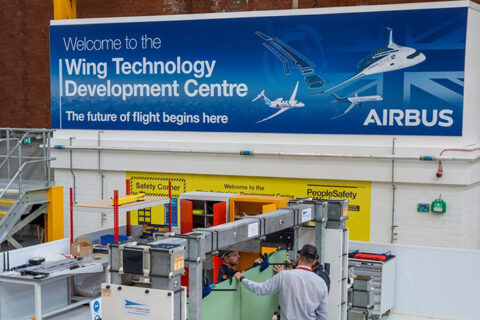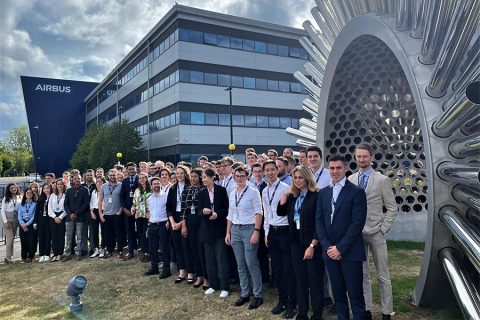
An engineering centre of excellence located in Filton is to play a major role in a £54.4 million project to develop a liquid hydrogen propulsion system for regional aircraft that could eventually be scaled up to larger aircraft.
The programme will be delivered from GKN Aerospace’s Global Technology Centre in Filton, the company’s £32 million brand-new collaborative space for research and development which was recently completed on the Horizon 38 business park – built on the site of the former Rolls-Royce East Works.
The government-assisted H2GEAR (Hybrid Hydrogen & Electric Architecture) project could a new generation of ‘clean’ aircraft, eliminating harmful CO2 emissions and leaving water as the only by-product of flight.
If successful, the project could help secure up to 3,120 high value engineering and manufacturing jobs by 2032/33 in Bristol, Coventry and Loughborough.
H2GEAR puts GKN Aerospace at the heart of the technological developments needed for the future of more sustainable aviation. The programme is supported by a £27.2 million government grant through the Aerospace Technology Institute, matched by GKN Aerospace and its industrial partners.
The project will reinforce the UK’s position at the forefront of aerospace technology research and development. GKN Aerospace will collaborate with Intelligent Energy, Aeristech, Newcastle University, the University of Manchester and the University of Birmingham throughout the programme.
Russ Dunn, chief technology officer for GKN Aerospace, said:
“Hydrogen-powered aircraft offer a clear route to keep the world connected, with dramatically cleaner skies. The UK is at the forefront of this technology, and the H2GEAR project is an example of industry, academia and government collaboration at its best. Working with our partners, and made possible by government investment, GKN Aerospace will develop and industrialise the breakthrough technology to fly aircraft with zero CO2 emissions by the mid-2020s. This will not only create thousands of jobs, but it will keep the UK at the forefront of the next generation of cleaner air travel for decades to come.”
A spokesperson added:
“GKN Aerospace will use its long term experience and in-depth knowledge of electrical power systems and propulsion technology to accelerate the development of technology. The entry-into-service of the first hydrogen-powered aircraft could be as early as 2026.”
Related link: £84 million boost for technology to power a green aviation revolution (GOV.UK)



